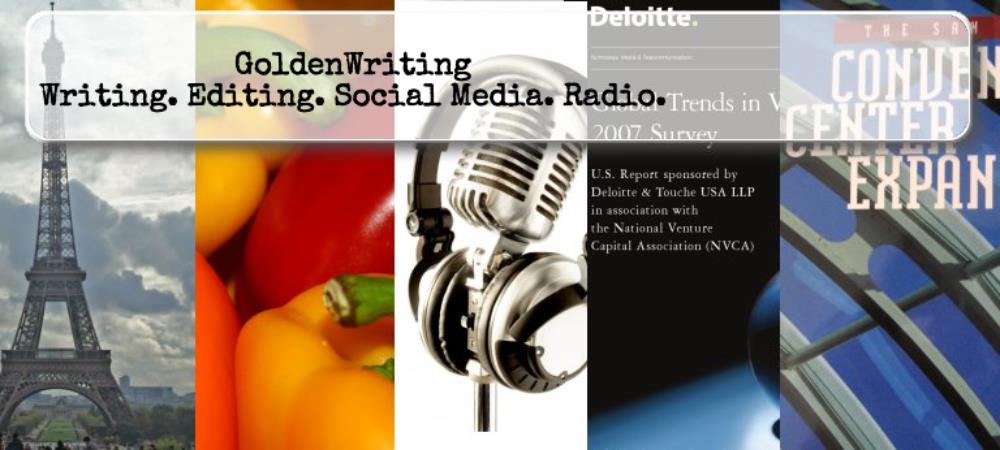Recently, the Washington Post issued social media guidelines to its staff and they've caused some controversy, thanks to the long list of "can't do's" that some see as stymying the kind of conversation in which journalists need to be engaged.
It's not just media companies that are looking at how to manage the Tower of Babel some feel social media has wrought upon their businesses. Organizations of all kinds seem to be of two minds about the nitty gritty of public engagement, and feel they need to draw the line somewhere. So, we're beginning to see a surge of policy development around how employees can interact online and how organizations engage with the outside world on platforms like Twitter.
Personally, I don't have a problem with this if the resulting policy encourages creative engagement but ensures that the business is protected, that employees use good sense and everyone behaves with mutual respect. A website that's currently circulating is Social Media Governance, which has a database of over 100 social media policies from organizations ranging from municipalities to health care organizations, from the U.S. Navy and Air Force to tech companies to museums. This database is growing and is instructive for organizations considering implementing their own social media policies.
I was surprised to find I liked Wal-Mart's brief and direct approach to Twitter. They recognize that many of their associates may have their own Twitter accounts but identify the official Wal-Mart accounts. The best line is this: "We won’t reply to off topic @replies. Personal attacks and foul language = FAIL. Adding to the discussion = WIN." Do you really need more than that to let people know your philosophy?
But what about internal policies? I like the approach Shift Communications takes with their employees and contractors. Again, it's simple and to the point: Be respectful, be transparent, be diplomatic, have the facts, stick to your area of expertise. Even the State of Delaware, for all its governmental, bureaucratic jargon and formatting, has it right. They reiterate their ethical stance, the need to be transparent, and, of course, that they must protect confidentiality within the system. They also go one step further and commit to correcting information later found to be in error.
Compare these to Sentara's Social Media Policy. Here's one where the lawyers were clearly let loose. If any spelled-out policy were to have a chilling effect, this would be it. Yes, they're a health-care organization but here we have so much dense legalese, the glazed over eyes have no way to take in anything other than "keep out!" "You must adhere," You are prohibited," "You will not violate..." My favorite? "Sentara/OptimaHealth reserves the right to monitor, prohibit, restrict, block, suspend, terminate, delete, or discontinue your access to any Sentara/OptimaHealth Social Media Site, at any time, without notice and for any reason and in its sole discretion." Clearly, someone doesn't quite get the spirit of social media. And it just gets worse.
So, to those managers who feel compelled to develop a clear social media policy for employees and outside participants on their sites, go forth. Be clear that employees must not compromise protected information, that they must be transparent, respectful, and courteous, and talk only about what they know (having to do with the organization). That they must follow basic stated organizational guidelines already a part of your culture. If you open up a blog or other social media on your site to the public, you should state your position as well. People should respect the rules when they're in your home. But, be judicious and try to avoid a defensive heavy hand. You're trying to encourage engagement and idea sharing, not send people running.

